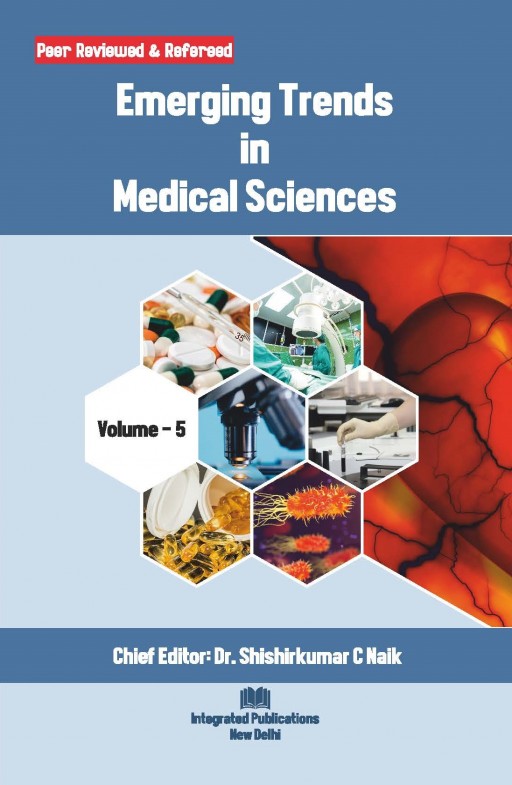Stem Cells and Their Potential Therapeutic Applications


Stem cells are undifferentiated biological cells that can differentiate into specialized cells. They can divide through mitosis to produce more stem cells. In mammals, there are two broad types of stem cells i) Embryonic stem cells. ii) Adult stem cells. The classical stem cells possess two properties i) Self-renewal. ii) Potency. Diseases and conditions where stem cell treatment is being investigated include: Diabetes, Rheumatoid arthritis, Parkinson's disease Alzheimer's disease, Osteoarthritis, Stroke and traumatic brain injury repair, Learning defects, Spinal cord injury repair, Heart infarction, Anti-cancer, Baldness, Replace missing teeth, Repair hearing, Restore vision, Amyotrophic lateral sclerosis, Crohn's disease, Wound healing. Stem cell therapy is the use of stem cells to treat or prevent a disease or condition. Research is underway to develop various sources for stem cells. Stem cells are in treatments for neurodegenerative diseases and conditions, diabetes, heart disease, and other conditions. Stem cell therapy also has some disadvantages. Immunosuppression is required before treatment. Pluripotency in stem cells could also make it difficult to obtain a specific cell type. Some stem cells form tumors after transplantation. Stem cells have a very promising role and potential in therapeutic application of various human diseases and if researched and utilised in the correct way can prove to be a boon in medical field.